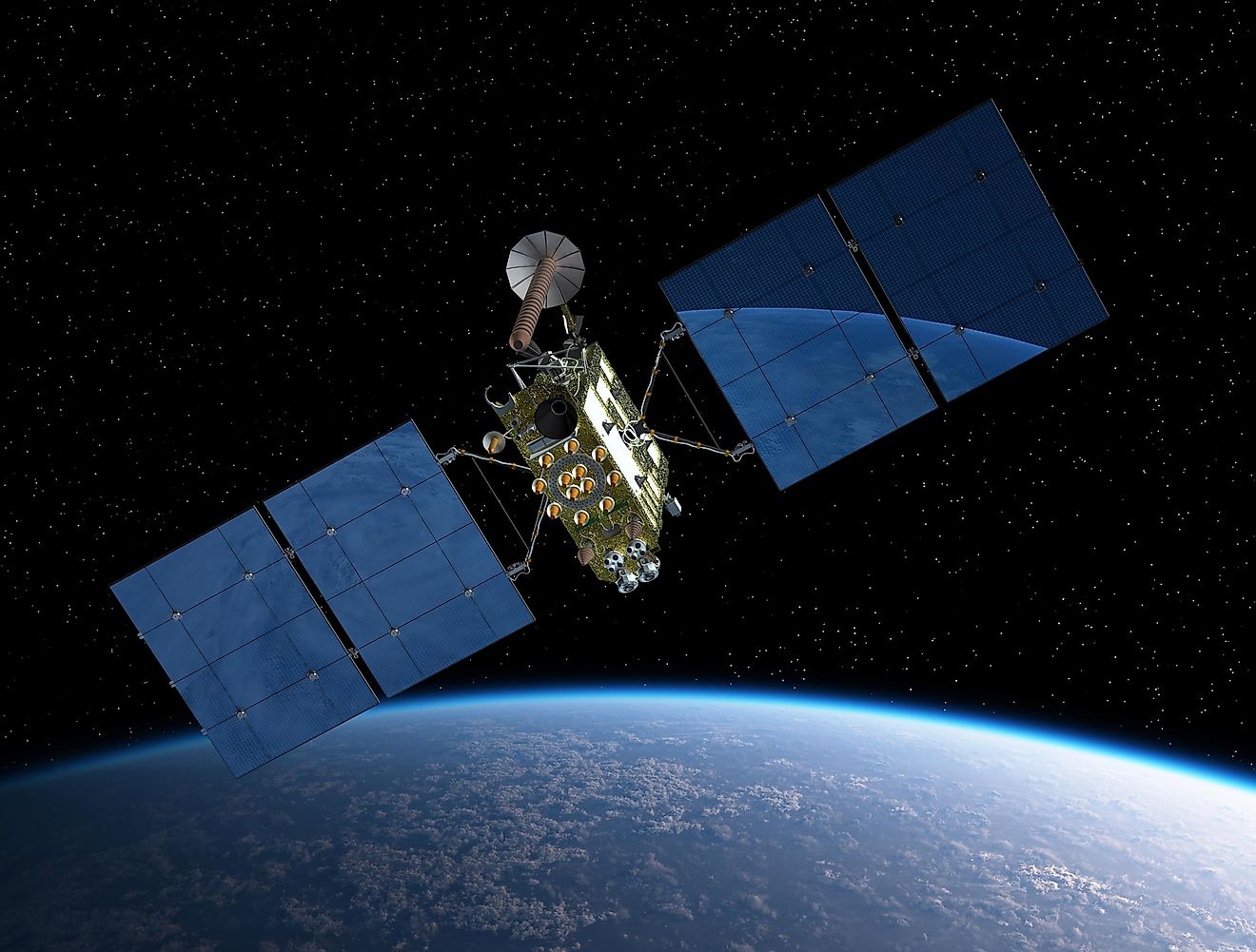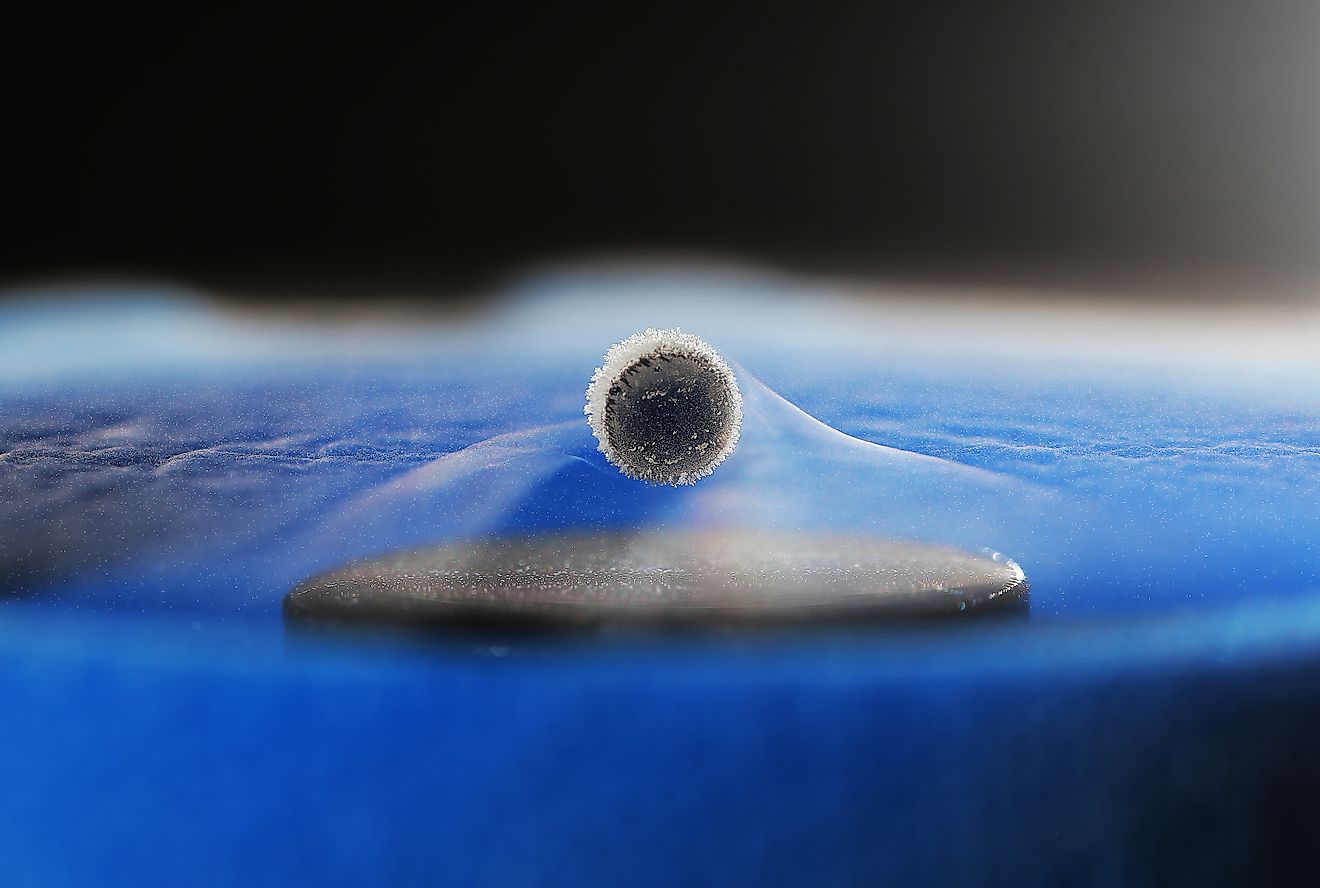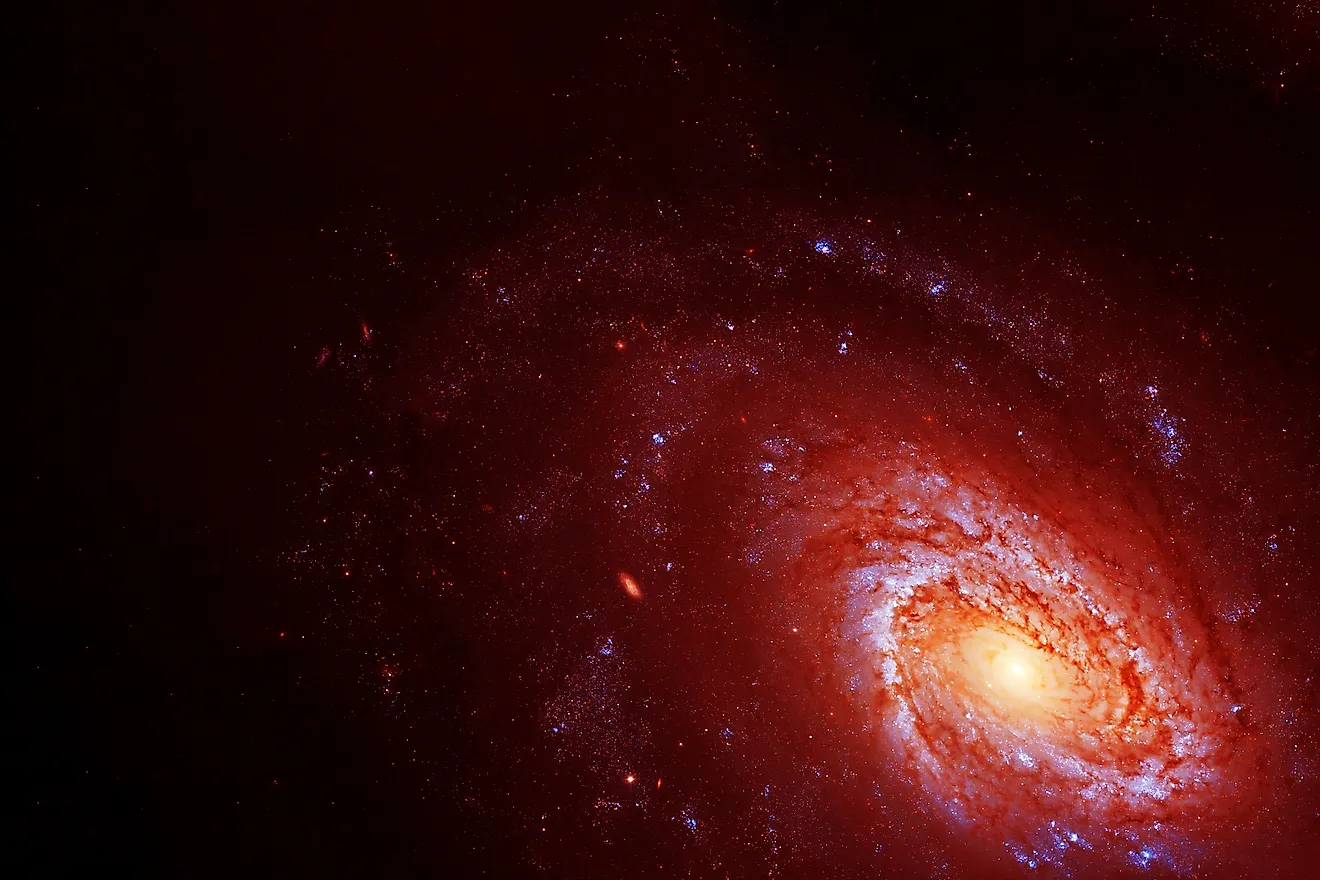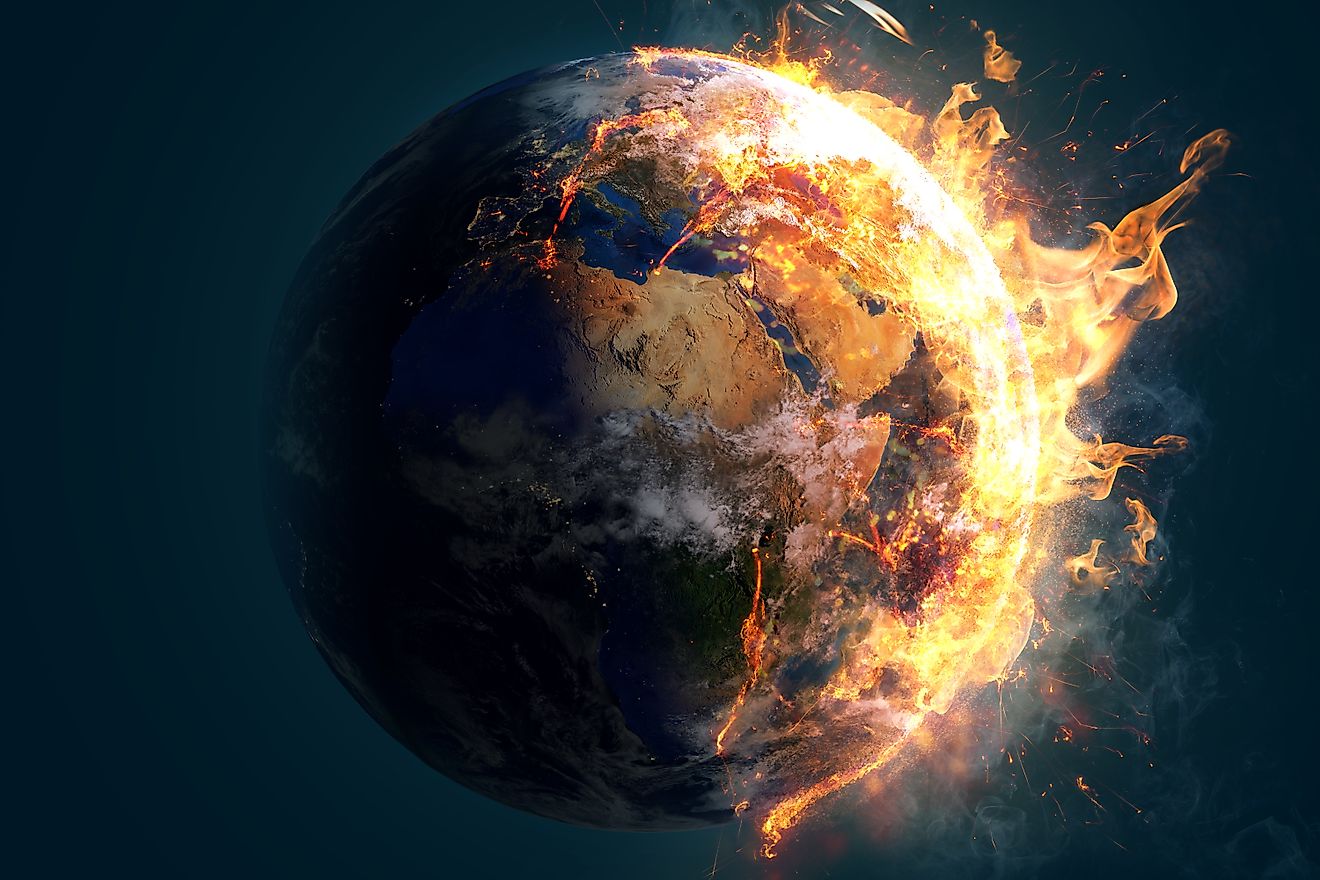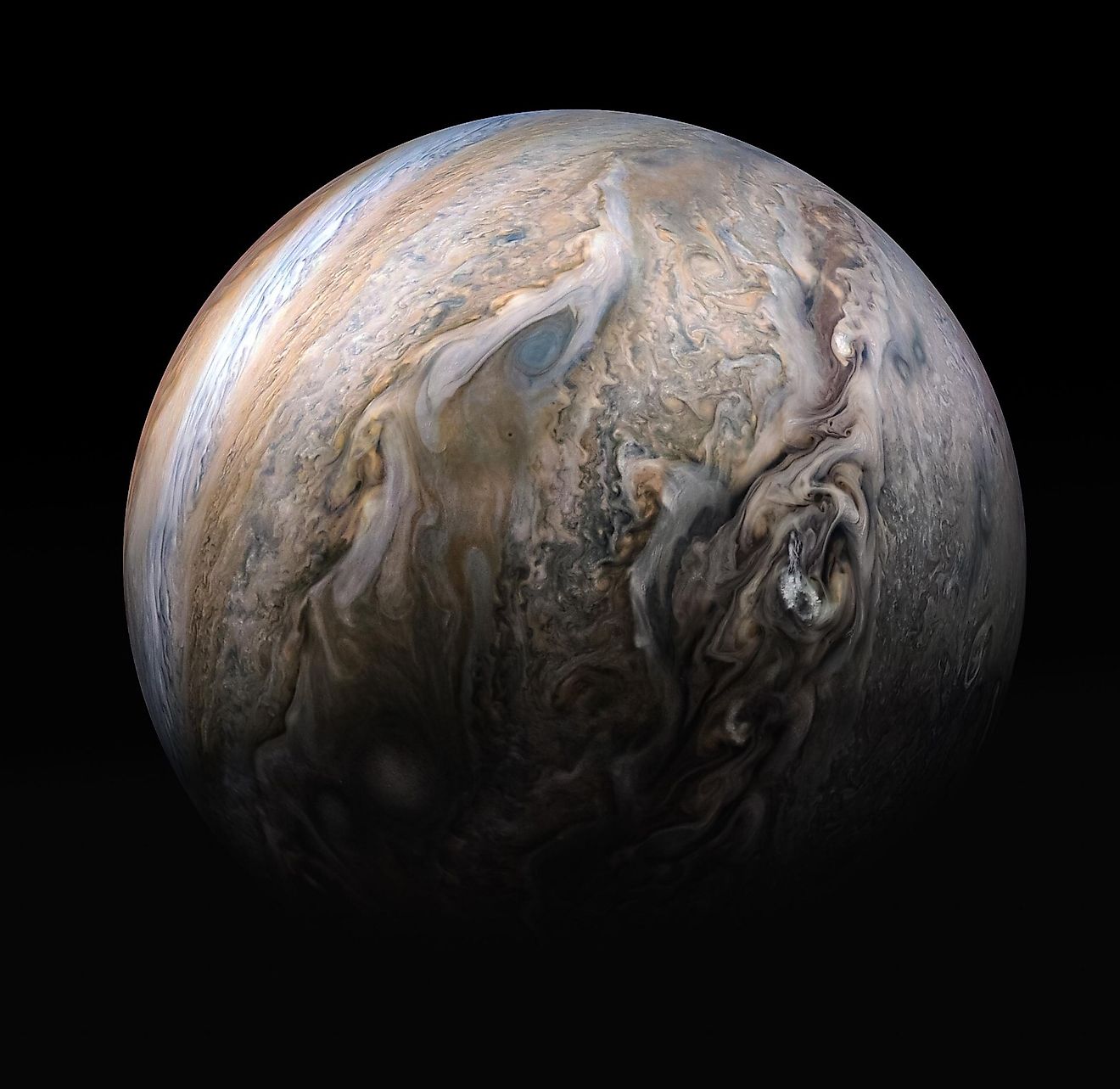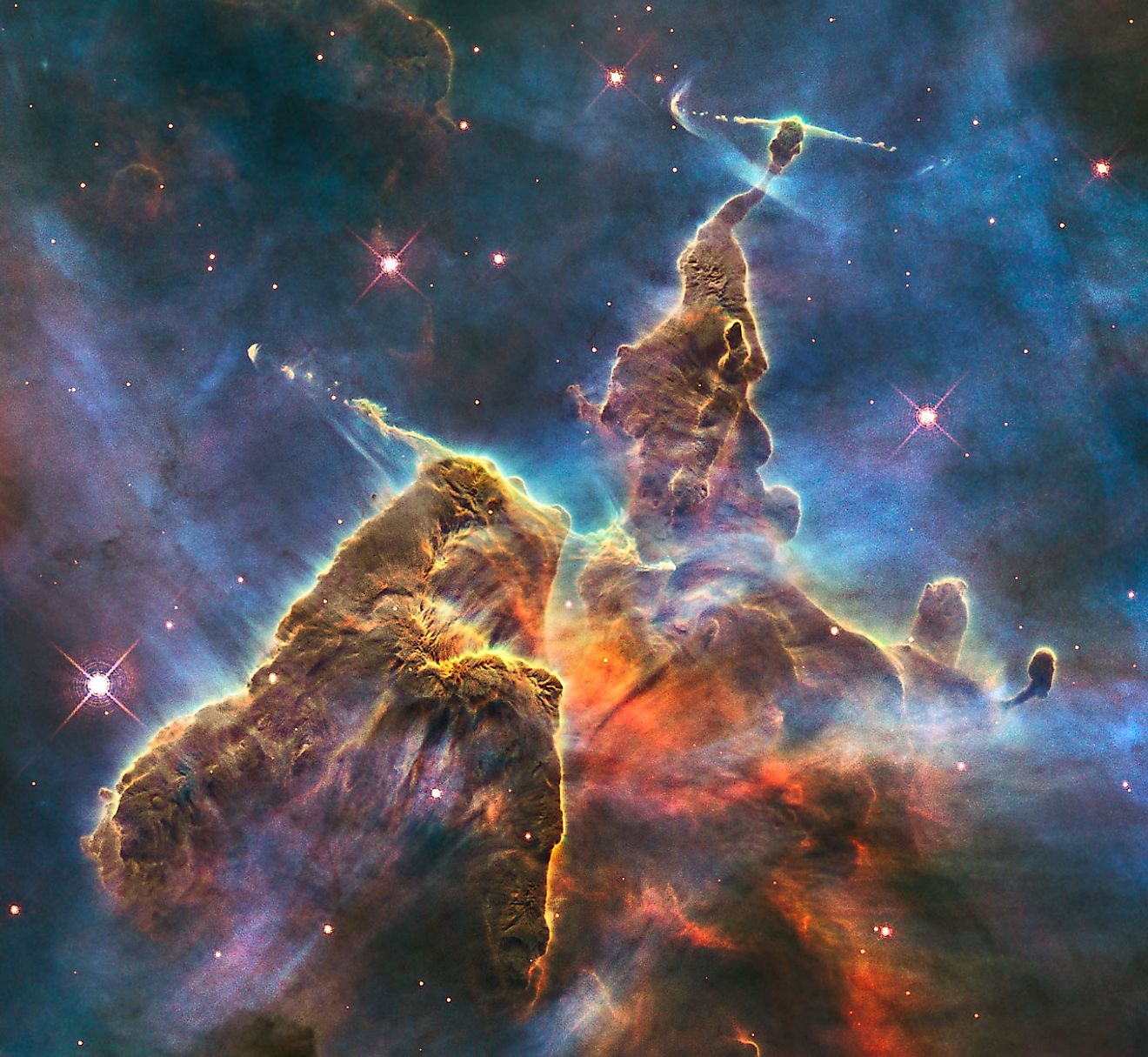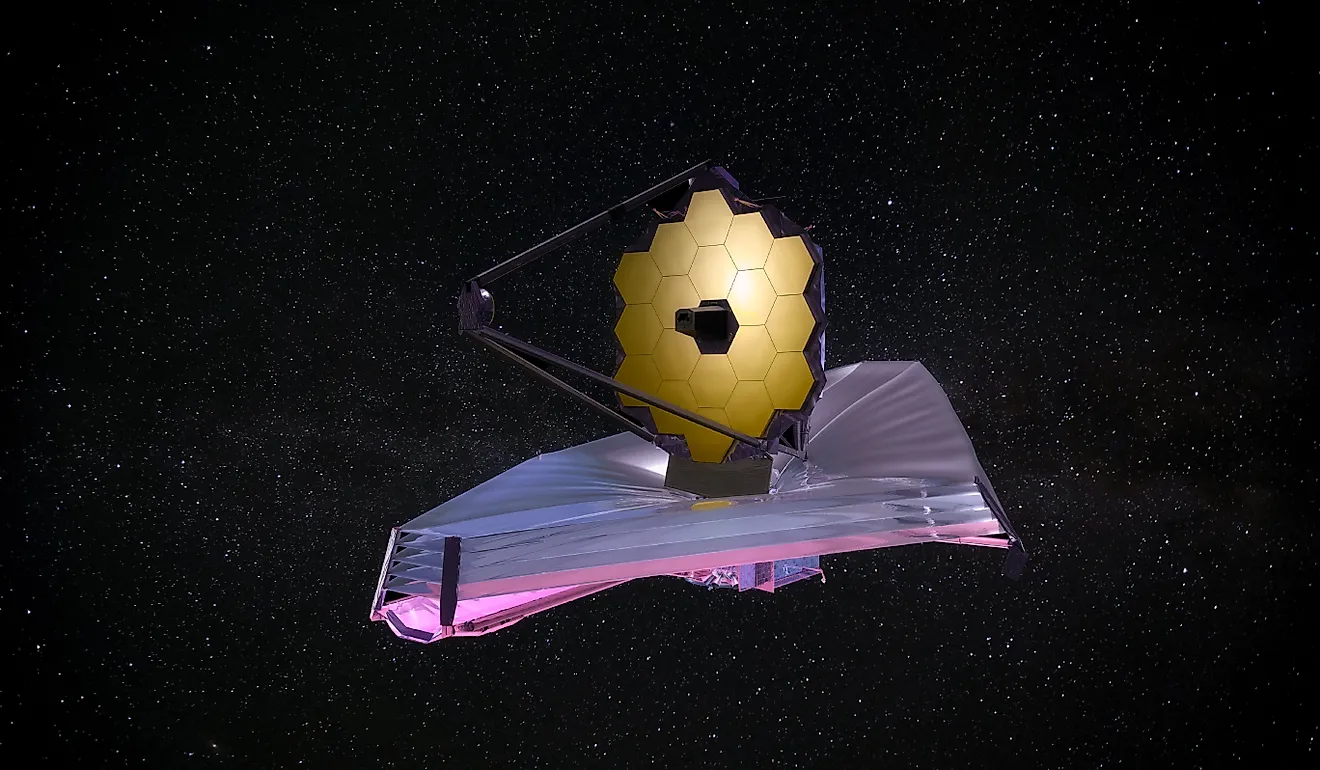
How Fast Did The Moon Form?
Earth’s moon formed not long after our planet did around 4.5-billion years ago. The current accepted model of how the moon formed is that the Earth underwent a collision with a Mars-sized planet called Theia. When the solar system was young, astronomers estimate that as many as a hundred planets may have formed around the sun. Some of these planets were flung out of the solar system entirely, yet many of them collided with one another, eventually leading to the formation of the eight planets of our solar system. Every planet likely underwent one or more collisions, the Earth being no exception. The collision between Earth and Theia was a pivotal moment for our world as it led to the formation of Earth’s moon.
Formation Of The Moon

When Earth and Theia collided, there was a tremendous amount of debris that was launched into orbit. This debris eventually coalesced to form the moon, yet how long did the formation of the moon take? Originally, most estimates placed it at many years, from thousands to potentially millions of years. However, a new model predicts that it only took the moon a few hours to coalesce from this debris. This new model helps explain several mysteries of the moon, such as its composition and orbit. For example, the composition of the moon has been somewhat of a mystery for years. The composition of the moon is remarkably similar to that of Earth, which offers strong evidence that it likely formed from a collision with planet Earth. However, the composition of the moon is almost too similar to Earth, and if it did indeed form from a collision between Earth and another planet, the moon’s composition should be similar to both Earth and Theia. Previous models were unable to explain why the moon is so similar to Earth, yet a new model brings us a potential step closer to solving this mystery. If the moon formed almost immediately after the collision, models show that around 60% of the rocks that went into the moon were from Earth rather than Theia. Although 60% is still not nearly high enough, it is one of the first models that potentially explains why the moon contains more of Earth than Theia.
The new model also helps explain the tilted orbit of the moon. Previous models have been unable to explain the moon’s tilted orbit, yet if the moon formed within only a few years, it's possible that it never had a completely molten core, altering previous estimates of the moon’s density. By having the moon form immediately after the collision, astronomers are able to explain the moon’s orbit.
